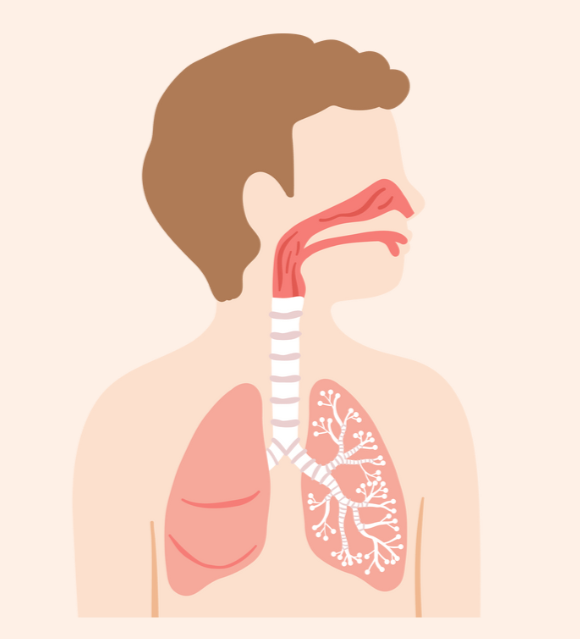

How many hours of sleep did you get last night?
An adult needs approximately 7-9 hours of sleep to function well. Less than 6 hours of sleep can negatively affect our body. Sleep is essential to help our body with proper physical and mental functioning, with fighting diseases, increasing immunity, and preventing chronic diseases. We can think of sleep as recharging our body and mind, similar to when we recharge our phone when it is low on battery. If we do not recharge it and the phone runs out of battery, it can no longer function. Similarly, sleep allows our body and mind to refresh, recharge, and become alert for the next day.
Once we fall asleep, our body follows a sleep cycle that is divided into 4 stages. The first three stages of sleep are called Non-Rapid Eye Movement (NREM) and the last stage is called Rapid Eye Movement (REM).
Stage 1 (NREM): This stage lasts several minutes and consists of light sleep. During this stage our body begins to slow down by relaxing our muscles, heart rate, breathing, and eye movement. Our brain also slows down.
Stage 2 (NREM): This is the longest stage of sleep and consists of deep sleep. During this stage our heart rate and breathing continue to slow down and our muscles become even more relaxed. Eye movement also completely stops and our body temperature lowers.
Stage 3 (NREM): This stage is longer in the first cycle of sleep but becomes shorter throughout the night. During this stage our heartbeat, breathing, and brain activity are at their lowest levels. Our muscles are also as relaxed as they can be. This stage plays an important role in making us feel alert and refreshed once we wake up.
Stage 4 (REM): This stage occurs about 90 minutes after we fall asleep. During this stage, our eyes will start to move under our eyelids very quickly. Our breathing rate, heart rate, and blood pressure also increase. Dreams are also likely to occur during this stage of the sleep cycle. As you sleep for longer, the length of this stage increases.
These four stages are repeated in a cycle throughout the night until we wake up. For most people the time spent in each cycle is about 90-120 minutes. Our body spends the most time sleeping in the NREM stage (about 75-80% of the cycle).
According to Dr. Meeta Singh, an expert in sleep science, our body experiences damages at the cellular level when we are awake. Sleep allows a repair to these damages. A consistent lack of sleep can lead to worsening of these damages over time, which could cause irreversible issues or in some cases, chronic illnesses.
Prioritize your sleep by aiming to get 7-8 hours of sleep every night to maximize your health.
Check out the podcast “The Incredible Power of Sleep” by Dr. Meeta Singh and Dr. Tom Rifai to learn more about the importance of sleep and the consequences of poor-quality sleep.
Podcast link: https://podcasts.apple.com/us/podcast/the-incredible-power-of-sleep/id1613534169?i=1000555127893




























































































































































































































































































